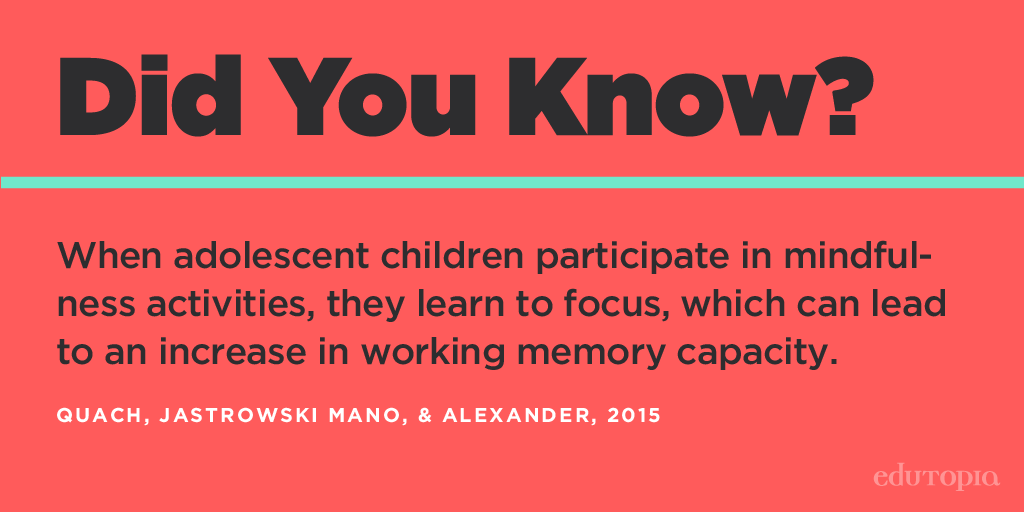When coaches train adolescent athletes t they need to use their interpersonal skills efficiently. The communication style more frequently adopted is to “be a friend.” In fact, even when the boys and girls grow up, the true challenge for the coaches is to maintain their role. The coach-friend does not help,the coaches need to apply some rules, useful also for parents, which allow them to have an open communication with the teenagers:
- Stimulate active participation to facilitate the processes of attention and memory: give examples
- Understanding the needs of the listeners. The motivation to listen is essential: which messages are more interesting for them
- Search for the adolescent feedback. There can be no communication without information exchange: the feedback is, therefore, an essential step in this process
- Create togetherness
- Follow their own pace. They are used to deal with messages having these characteristics: speed, motion, color, sound, interactivity. Coach messages need to have some of these features otherwise attention and the motivation to listen will decrease
- Use their jargon
- Use different channels to communicate (visual, auditory, kinesthetic)
- To be concrete without to overload of information
At the same time there are attitudes that, in contrast, are able to stop any possibility of communication with the adolescents:
- The excess of information
- Giving feedback and negative feedback without pointing the way for change
- Have an attitude of superiority: “I’m older and I know how things are going”
- Maintain a physical and psychological distance
- Have a manipulating and controlling leadership style
Communicating with young people is really a challenge. Often we remain displaced in front of their questions or their silences. They have the ability to move a lot of deep feelings that we must recognized and processed in order to continue to improve in our own role as a coach.
(by Daniela Sepio)





